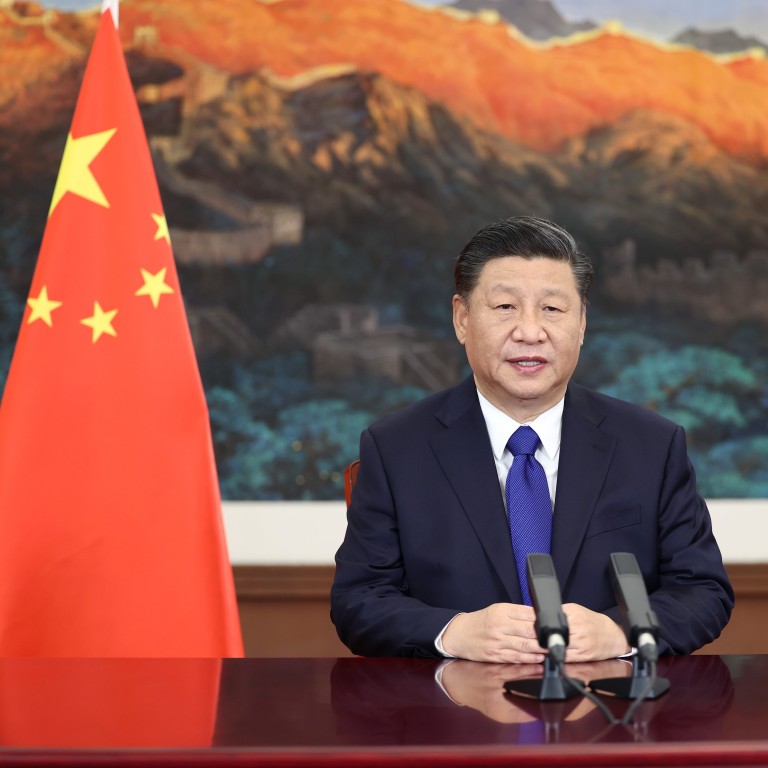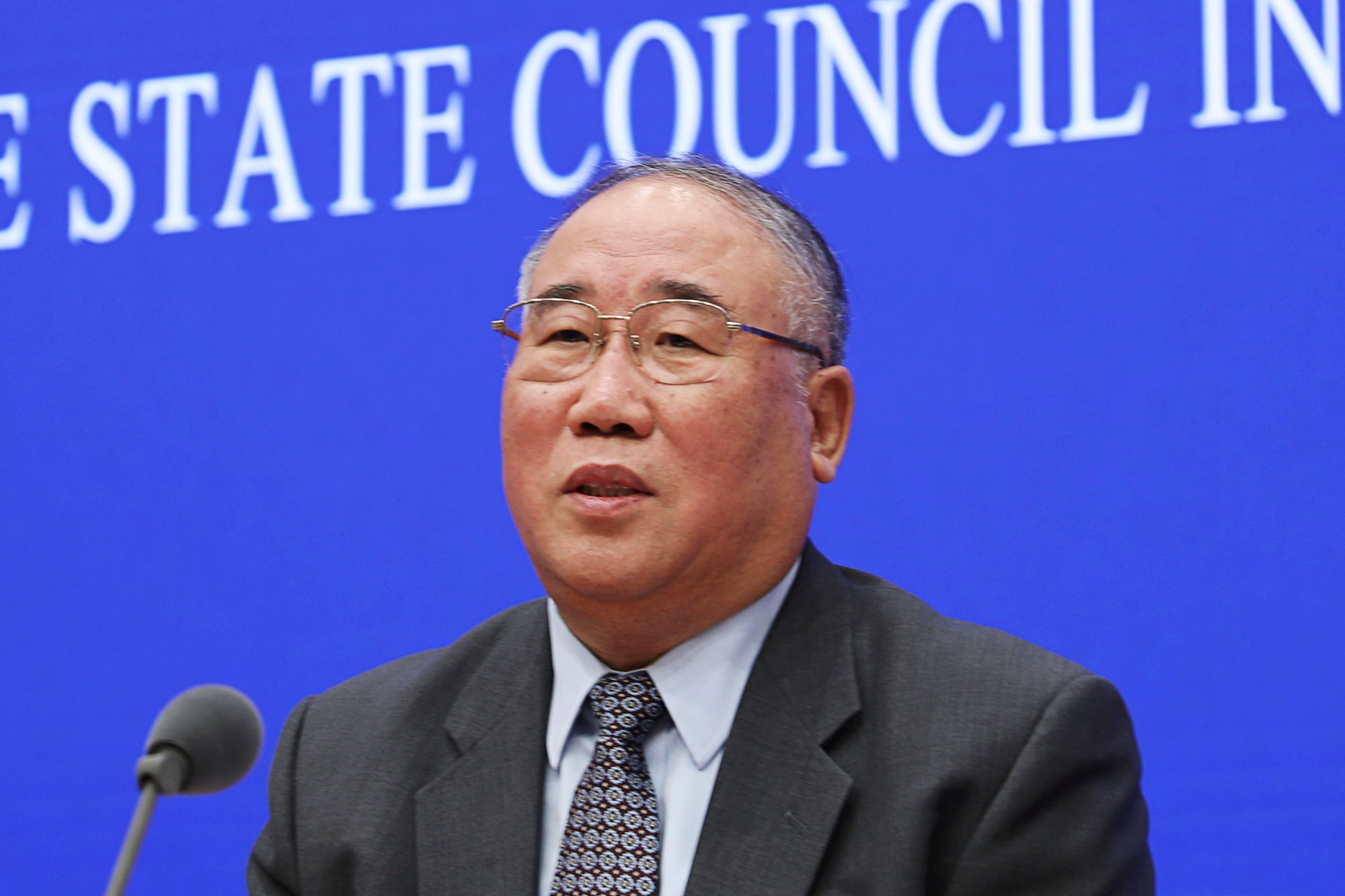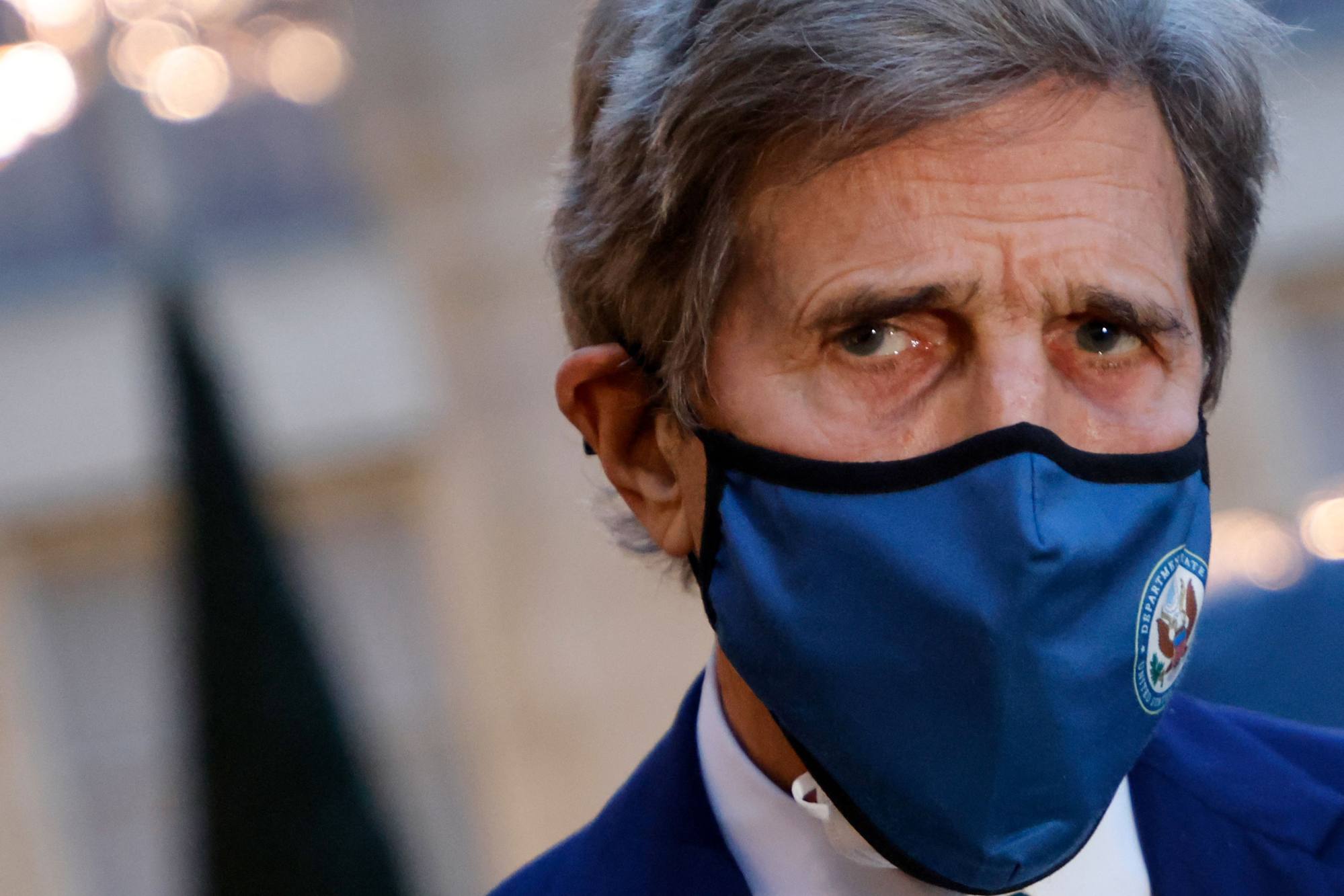
China’s Xi Jinping likely to take part in Joe Biden’s Earth Day climate summit
- Ahead of the virtual talks, US climate envoy John Kerry is expected to travel to Shanghai to meet Chinese counterpart Xie Zhenhua
- Climate change is an area where the two powers have said they could work together amid deepening tensions
Xi’s participation in the Earth Day summit on April 22 and 23 will put the focus on whether the two biggest carbon-emitting nations can open up a narrow path to cooperation amid a deepening rift.
Kerry’s trip, first reported on Sunday by The Washington Post, would be part of the former secretary of state’s tour through India, the United Arab Emirates and Bangladesh but could still be called off, according to the newspaper, citing sources.

China has yet to confirm Kerry’s visit, and foreign ministry spokeswoman Hua Chunying said earlier this month that Beijing was “looking at” whether Xi would take part in the Earth Day summit after receiving an invitation from Washington.
It comes just weeks after a frosty meeting between senior Chinese and American officials in Anchorage, Alaska. The two countries remain at loggerheads over issues ranging from trade and technology to human rights and the South China Sea.
Climate change is one area where they have said they could work together, though the US has accused China of not doing enough to cut emissions.
After the Anchorage talks, Beijing said the two sides had agreed to set up a working group on climate change, but US officials denied they had made this agreement.

While in India last week, Kerry said Beijing and Washington must cooperate on climate but he was “not confident” that he could count on China’s cooperation.
China, meanwhile, believes it should balance reducing emissions with economic growth.
The US plans to commit to emissions cuts of 50 per cent or more from 2005 levels by 2030, Bloomberg reported. While it is uncertain whether the US can deliver on that target, it may put pressure on China as it seeks to position itself as a leader in reducing greenhouse gases.
Lin Limin, a scholar with the University of International Relations in Beijing, said climate could still be an area for the powers to achieve a breakthrough.
“The two countries share the same principle [on climate change] in general, but they take different approaches,” Lin said. “China’s development has lagged behind that of the US and Europe for a long time, our GDP per capita is still very low, so it’s not bad that it can set these emissions reduction goals – we’re doing our best.”
Kerry to push India on cutting fossil fuel use ahead of global summit
Li Shuo, a senior policy adviser at Greenpeace in Beijing, said controlling the coal power sector, a major source of climate-warming greenhouse gases, could be an area where China can show it is taking action.
“As a politically viable option and an important step for the environment, China could stop subsidising or building more coal plants to start with, or at least cut the consumption of coal,” Li said.


